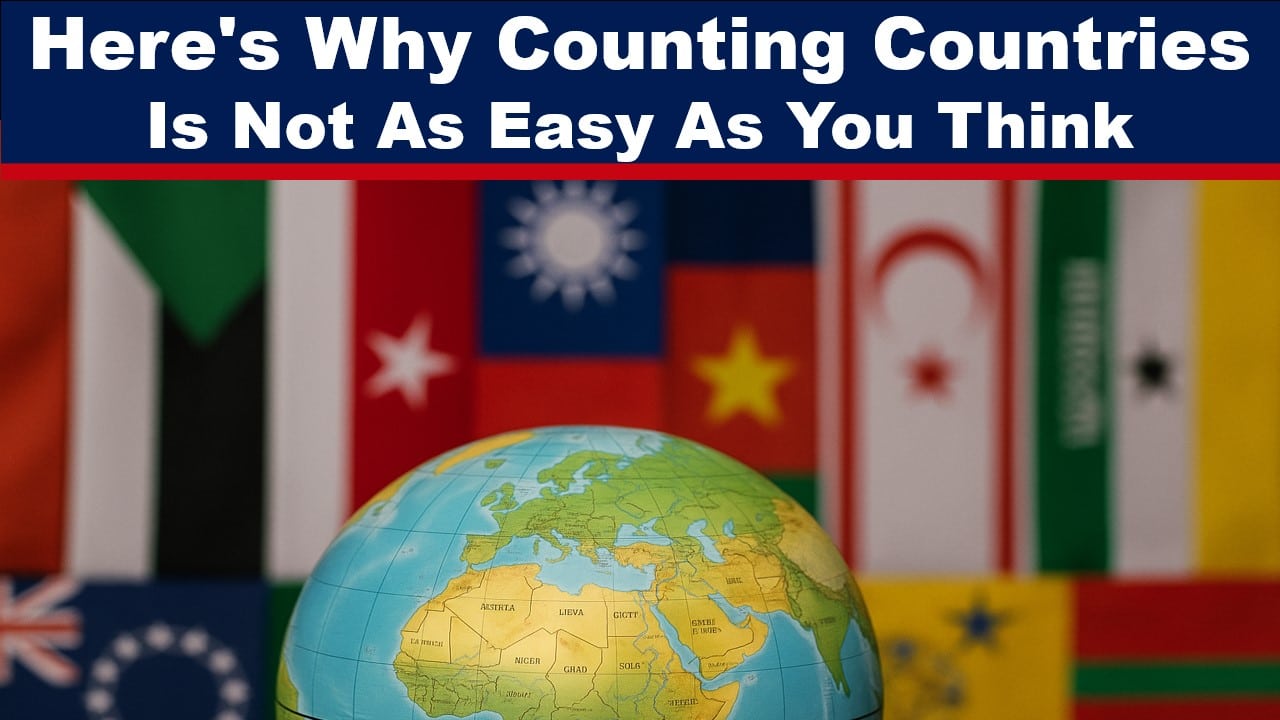
prepping.com
Preparedness Notes for Thursday — December 18, 2025
On December 18, 1888 Richard Wetherill and his brother in-law discovered the ancient Anasazi ruins of Mesa Verde, Colorado. — December 18th is the birthday of Charles Wesley (18 December 1707 – 29 March 1788). He wrote more than 1,700 hymns. — Today is also the birthday of Jørgen Haagen Schmith (born December 18, 1910, died October 15, 1944). He was better known under the codename “Citron” and was a famous Danish resistance fighter in occupied Denmark. — Today’s feature piece is a review written by SurvivalBlog staffer Tom Christianson. — We need more entries for Round 122 of the …
The post Preparedness Notes for Thursday — December 18, 2025 appeared first on SurvivalBlog.com.










 Bitchute
Bitchute





